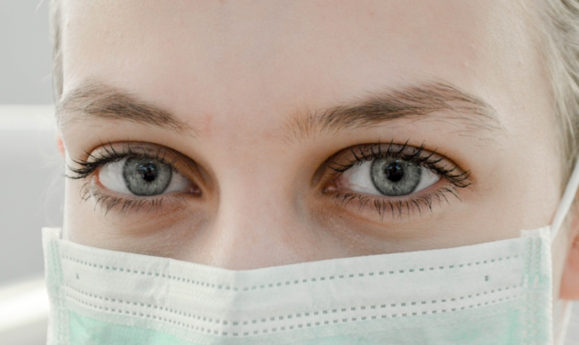 What are some good tips to manage NYC allergies? New York City is a vibrant and bustling metropolis known for its iconic landmarks, diverse culture, and fast-paced lifestyle. However, for many residents, the city’s charm comes with a less appealing feature—seasonal allergies. If you find yourself sniffling, sneezing, and itching your way through the city, you’re not alone. NYC allergies can be a challenge, but with the guidance of a top ENT specialist like Dr. Michael Burnett, you can navigate them successfully. Here are some expert tips to help you manage your allergies in the city that never sleeps.
What are some good tips to manage NYC allergies? New York City is a vibrant and bustling metropolis known for its iconic landmarks, diverse culture, and fast-paced lifestyle. However, for many residents, the city’s charm comes with a less appealing feature—seasonal allergies. If you find yourself sniffling, sneezing, and itching your way through the city, you’re not alone. NYC allergies can be a challenge, but with the guidance of a top ENT specialist like Dr. Michael Burnett, you can navigate them successfully. Here are some expert tips to help you manage your allergies in the city that never sleeps.
NYC Allergies: Tips from a Top ENT Specialist
Understand the Allergens
NYC is home to a variety of allergens that can trigger symptoms in sensitive individuals. Common allergens in the city include pollen from trees, grasses, and weeds, as well as mold spores. Airborne pollutants, such as vehicle exhaust and industrial emissions, can exacerbate allergy symptoms. It’s essential to know which allergens affect you so that you can take targeted measures to minimize exposure.
Monitor Allergy Forecasts
Keep an eye on daily allergy forecasts, which are often available through weather apps or websites. These forecasts provide information on pollen and mold counts, helping you plan your outdoor activities accordingly. On high pollen days, it may be best to limit your time outdoors or take allergy medications before heading out.
Create an Allergy-Safe Home
Make your home a sanctuary from allergens. Keep windows closed to prevent pollen from entering, and use high-efficiency particulate air (HEPA) filters in your HVAC system. Regularly clean and vacuum your home, including carpets, rugs, and upholstery. Consider investing in allergen-proof covers for your pillows and mattresses to reduce exposure to dust mites.
Practice Good Personal Hygiene
After spending time outdoors, wash your hands, face, and hair to remove pollen and other allergens. Change your clothes, especially if you’ve been in heavily wooded or grassy areas. Showering before bedtime can prevent allergens from ending up on your bedding.
Use Allergy Medications Wisely
Over-the-counter or prescription allergy medications can provide relief from symptoms like sneezing, runny nose, and itchy eyes. Consult with Dr. Michael Burnett to determine the most suitable medication and dosage for your allergies. It’s essential to follow your healthcare provider’s recommendations and not to overuse these medications.
Consider Allergy Testing
 If your allergies are severe or difficult to manage, consider undergoing allergy testing. Allergy testing can pinpoint the specific allergens that trigger your symptoms, allowing for targeted treatment. Dr. Michael Burnett can provide comprehensive allergy testing and develop a personalized treatment plan to address your allergies effectively.
If your allergies are severe or difficult to manage, consider undergoing allergy testing. Allergy testing can pinpoint the specific allergens that trigger your symptoms, allowing for targeted treatment. Dr. Michael Burnett can provide comprehensive allergy testing and develop a personalized treatment plan to address your allergies effectively.
Consult with an ENT Specialist
If your allergies persist or are accompanied by chronic sinus problems, it’s time to consult with a top ENT specialist like Dr. Michael Burnett. ENT doctors specialize in treating conditions related to the ear, nose, and throat, including allergies. Dr. Burnett can evaluate your symptoms, provide expert guidance, and offer advanced treatments to alleviate your allergy-related issues.
Contact Ear, Nose & Throat of New York
If you’re struggling with allergies in NYC, you don’t have to face them alone. Dr. Michael Burnett and the team at Ear, Nose & Throat of New York are here to help you navigate your allergies successfully. We offer a wide range of ENT-related services, including allergy testing, treatment, and personalized care for patients of all ages.
Don’t let allergies disrupt your life in the city that never sleeps. Take control of your allergies with the expert care of Dr. Michael Burnett and the team at Ear, Nose & Throat of New York. Contact us today to schedule your appointment and start breathing easier.
Ear, Nose & Throat of New York
Michael C. Burnett, MD
115 East 57th Street Suite 600 New York, NY 10022
212-867-4813
https://earnosethroatofnewyork.com/
Don’t let allergies disrupt your life in the city that never sleeps. Take control of your allergies with the expert care of Dr. Michael Burnett and the team at Ear, Nose & Throat of New York. Contact us today to schedule your appointment and start breathing easier.






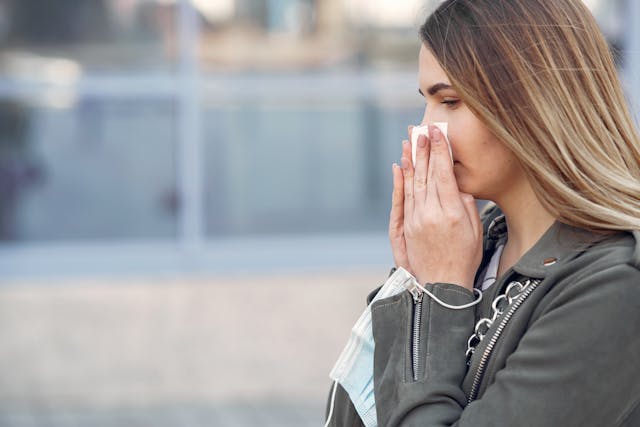


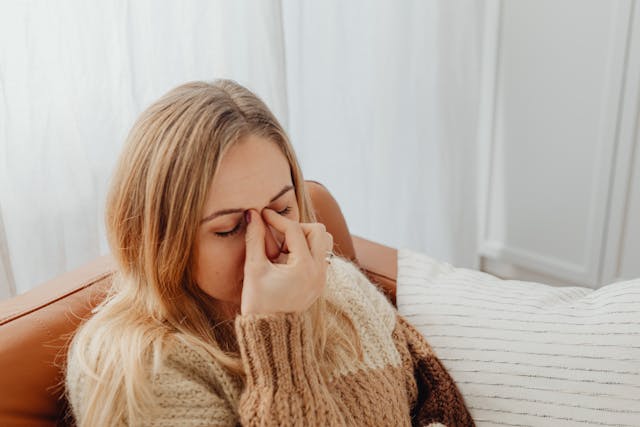
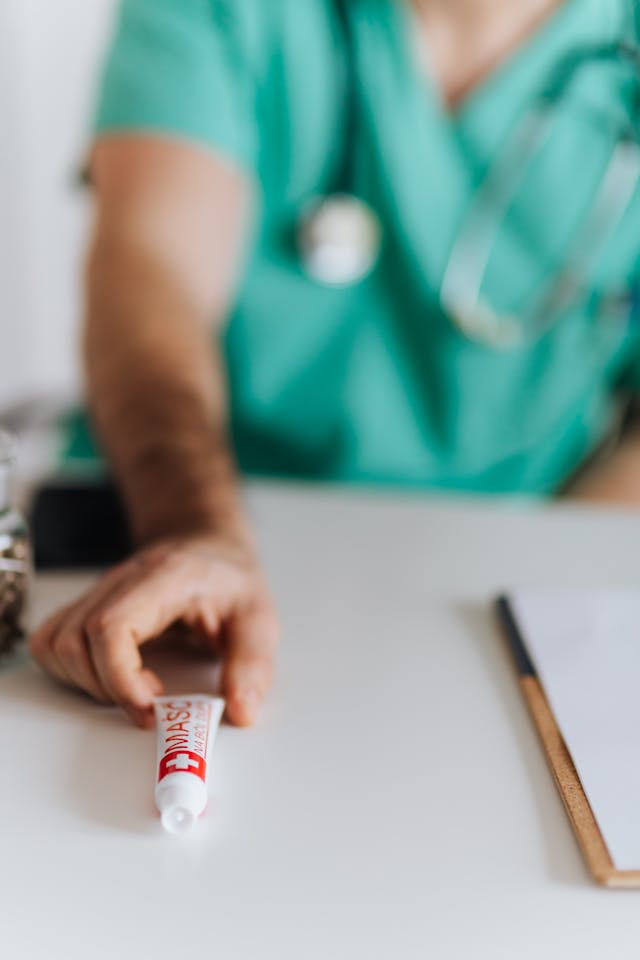 Managing allergies effectively often requires the expertise of an ENT specialist. Here’s how they can help.
Managing allergies effectively often requires the expertise of an ENT specialist. Here’s how they can help. What are some good tips to manage NYC allergies? New York City is a vibrant and bustling metropolis known for its iconic landmarks, diverse culture, and fast-paced lifestyle. However, for many residents, the city’s charm comes with a less appealing feature—seasonal allergies. If you find yourself sniffling, sneezing, and itching your way through the city, you’re not alone. NYC allergies can be a challenge, but with the guidance of a top
What are some good tips to manage NYC allergies? New York City is a vibrant and bustling metropolis known for its iconic landmarks, diverse culture, and fast-paced lifestyle. However, for many residents, the city’s charm comes with a less appealing feature—seasonal allergies. If you find yourself sniffling, sneezing, and itching your way through the city, you’re not alone. NYC allergies can be a challenge, but with the guidance of a top  If your allergies are severe or difficult to manage, consider undergoing allergy testing. Allergy testing can pinpoint the specific allergens that trigger your symptoms, allowing for targeted treatment. Dr. Michael Burnett can provide comprehensive allergy testing and develop a personalized treatment plan to address your allergies effectively.
If your allergies are severe or difficult to manage, consider undergoing allergy testing. Allergy testing can pinpoint the specific allergens that trigger your symptoms, allowing for targeted treatment. Dr. Michael Burnett can provide comprehensive allergy testing and develop a personalized treatment plan to address your allergies effectively.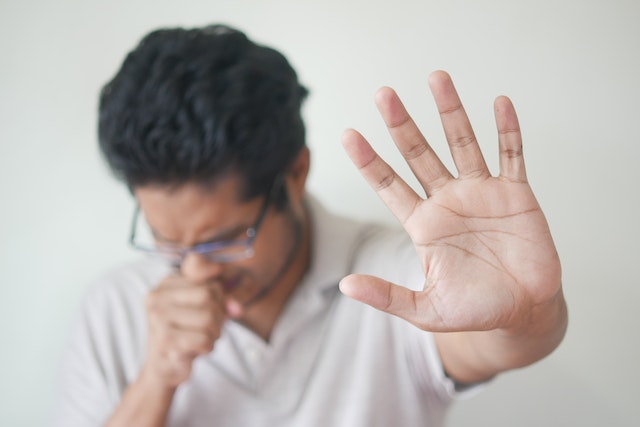
 Here are the top 4 benefits of testing and immunotherapy with regards to allergies:
Here are the top 4 benefits of testing and immunotherapy with regards to allergies:
